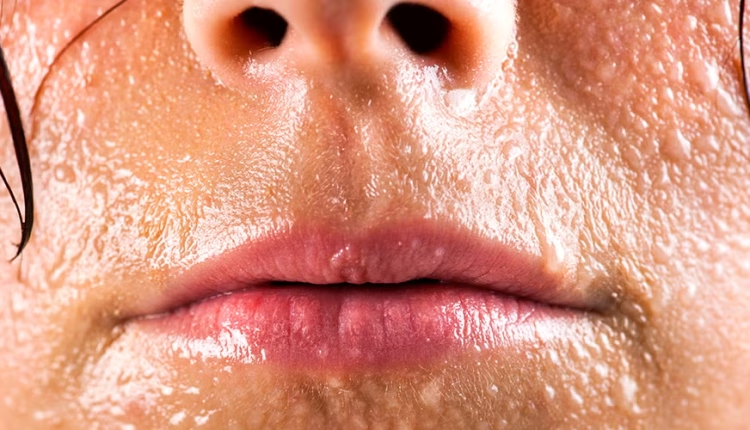Sweating Excessively May Indicate This Disease; Do Not Disregard It

Sweating is a normal bodily function that helps regulate temperature. However, when sweating becomes excessive — particularly when it happens without heat, physical activity, or stress — it may be more than just a nuisance. It could be a symptom of an underlying medical condition that should not be ignored.
One of the most concerning diseases linked to excessive sweating is hyperthyroidism — a disorder where the thyroid gland becomes overactive and produces too much thyroid hormone.
Hyperthyroidism and Excessive Sweating
The thyroid gland, located in the neck, controls your metabolism. When it becomes overactive, your body’s systems speed up — leading to symptoms such as rapid heartbeat, weight loss, nervousness, and profuse sweating. This sweating often occurs regardless of temperature and can happen even while resting. If left untreated, hyperthyroidism can lead to serious complications, including heart problems and bone loss.
Other Possible Diseases Linked to Excessive Sweating
1. Diabetes – Low blood sugar levels (hypoglycemia) can trigger sudden sweating, especially at night or after meals. If you have diabetes and sweat excessively, especially with dizziness or confusion, it may indicate a dangerous drop in blood sugar.
2. Infections – Certain infections like tuberculosis, HIV, or endocarditis can cause night sweats, which are drenching episodes of sweating during sleep.
3. Menopause – In women, hormonal changes during menopause can trigger hot flashes and excessive sweating, especially at night.
4. Cancers – Some cancers, such as lymphoma or leukemia, may cause persistent night sweats along with unexplained weight loss and fatigue. While rare, this is a serious red flag that requires immediate medical evaluation.
When to See a Doctor
If you notice that you’re sweating excessively without any obvious cause, especially if it’s accompanied by other symptoms like weight loss, fatigue, or palpitations, it’s important to consult a healthcare provider. Blood tests and medical evaluations can help determine if an underlying condition like hyperthyroidism or another disease is the cause.
Conclusion
Excessive sweating is not always just a response to heat or exertion. It can be a warning sign of deeper health issues. Don’t ignore it. Early diagnosis and treatment can prevent more serious complications and help you regain control of your health
